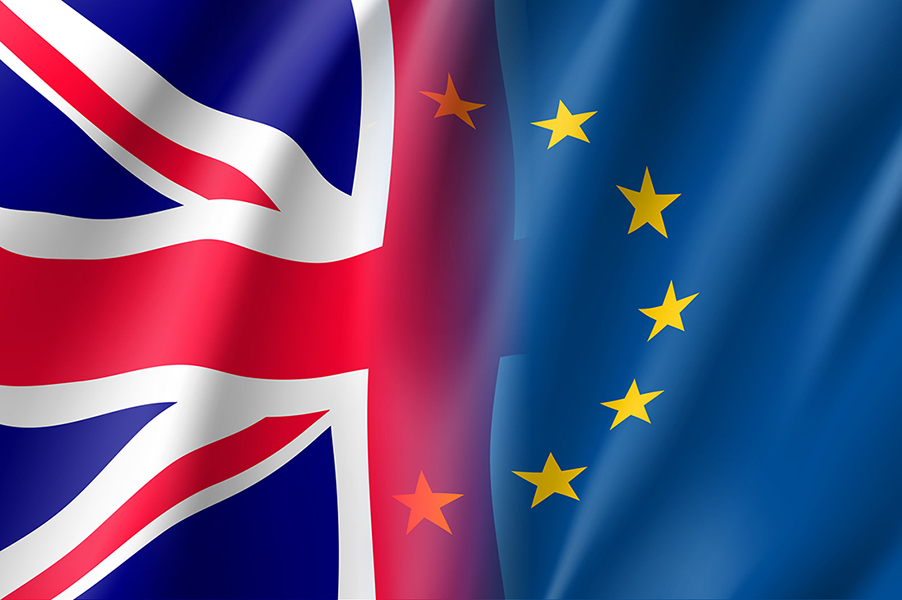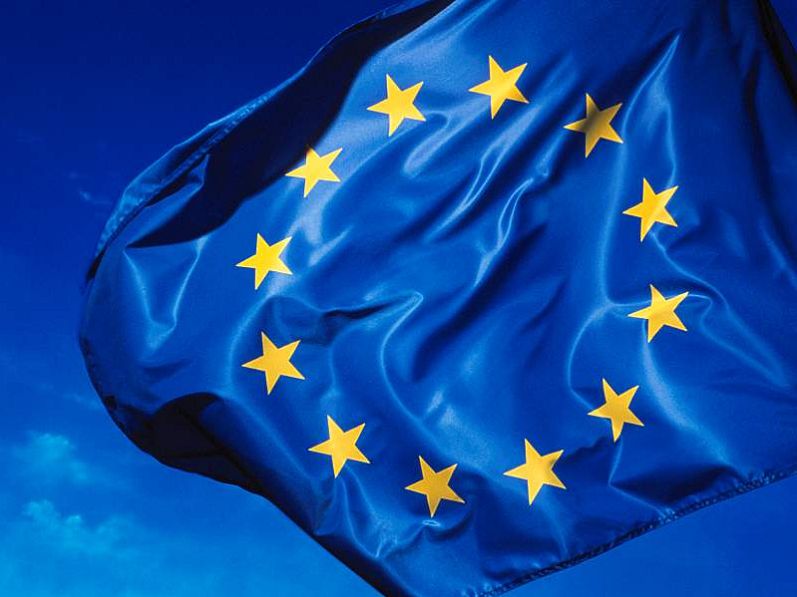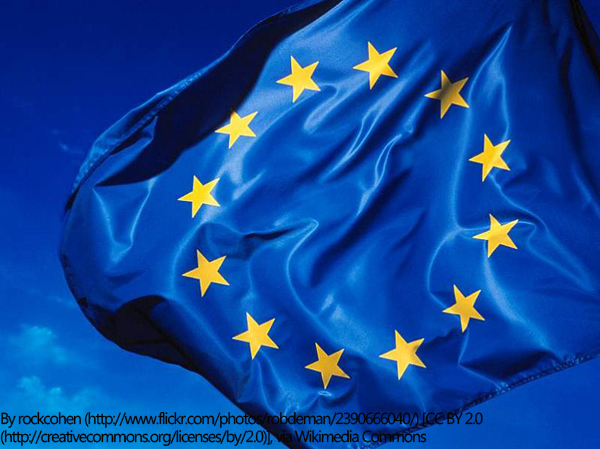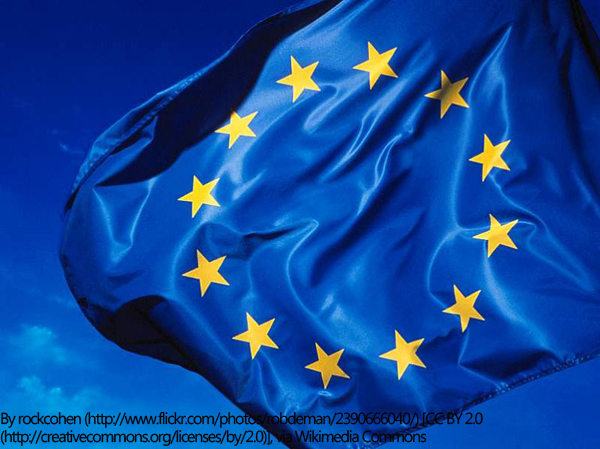Headlines have been dominated with how the aftermath of Britain’s exit from the European Union (EU) – known as “Brexit” – will negatively affect multiple sectors, including the food industry and the pharmaceutical industry. Now, a new study published in the Journal of Epidemiology & Community Health has found that many doctors in the UK believe that Brexit will take a toll on the National Health System (NHS).
The study used a survey to look at the political views of a spectrum of UK physicians following the 2017 UK general election. In all, the survey collected responses from 1,172 physicians, 45 percent of which were women.
The authors say this is the first time a study of this size has been conducted to assess the political leanings of UK physicians.
“Given their potential influence, understanding the political opinions of doctors is crucial,” said the study authors. “In light of recent changes to the political landscape, we sought to investigate the political opinions and voting behaviour of the UK medical workforce.”
The physicians accessed the survey through their Doctors.net.uk professional networking account, or through Facebook groups for relevant associations. Survey respondents were verified by comparing their information to that provided by the General Medical Council.
Survey respondents used a ten-point scale to rate their political beliefs, with a score of zero indicating that they were “extremely left-wing” and a score of ten indicating that they were “extremely right-wing.” The demographics of the survey included consultants (36 percent of respondents), general practitioners (20 percent of respondents) and junior doctors (30 percent of respondents), among other specialties.
The study investigators found that 62 percent of physicians surveyed identified themselves as being liberal, with nearly 24 percent were conservative. While the majority of the doctors were left-wing, the results of the survey also found that surgeons and those belonging to specialities that pay the most were more likely to lean to the right when it comes to politics.
In contrast, psychiatrists and public health doctors were less likely to rate themselves as more right-wing. Entry-level junior doctors were the least likely to express right wind views compared to others.
According to the study authors, 46 percent of doctors voted for the Labour party in 2017, compared to just 29 percent in 2015. Those voting Conservative decreased between these two elections from 26 to 20 percent.
Almost 80 percent of UK physicians voted in favor of remaining a part of the EU in the 2016 referendum. What’s more, 83 percent of respondents to this survey gave Brexit a score of five or below on a scale of zero (worst outcome) to ten (best outcome) for the NHS. The average score on this Brexit scale was a two, indicating that most doctors in the UK believe that Brexit will have negative consequences for the NHS.
“This study provides a starting point for understanding the political views of doctors during a tumultuous period for the UK,” said the authors. “Further work is essential to obtain a better understanding of UK doctors’ political identities, particularly the economic and societal differences. This is important as the political ideology of doctors has been shown to influence clinical decisions on contentious issues in other contexts.”












Join or login to leave a comment
JOIN LOGIN